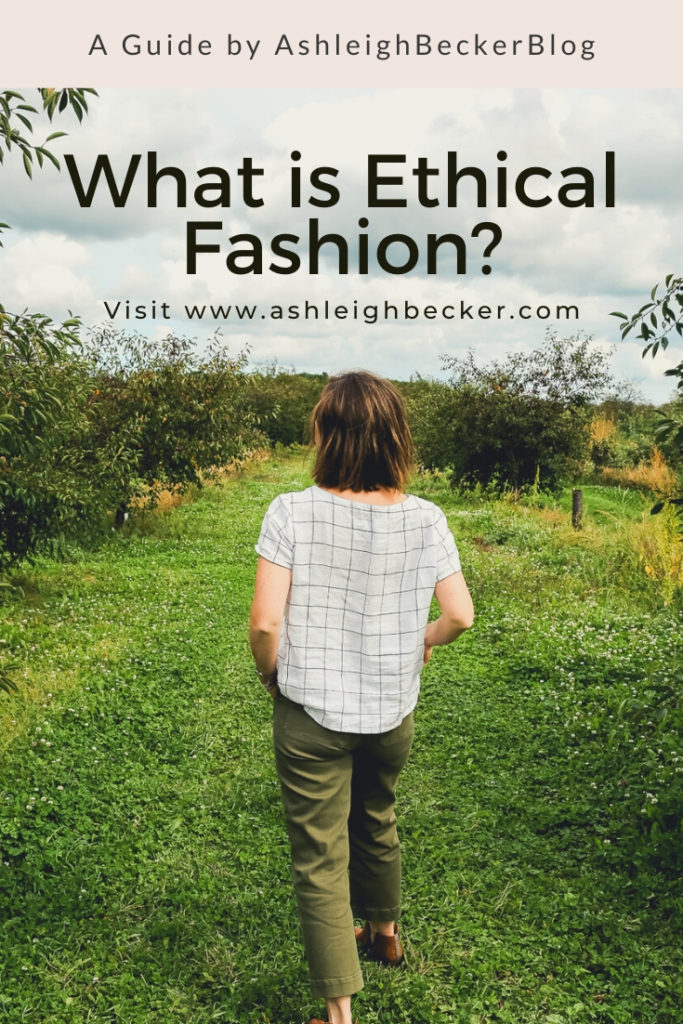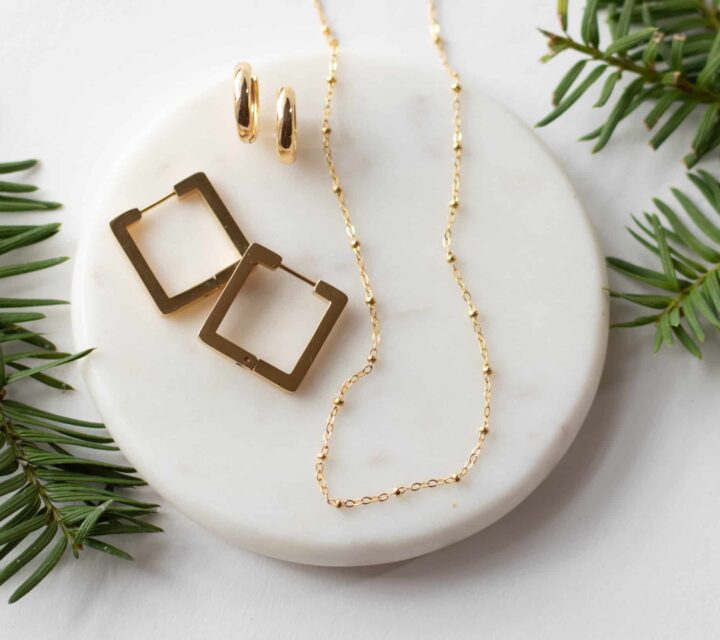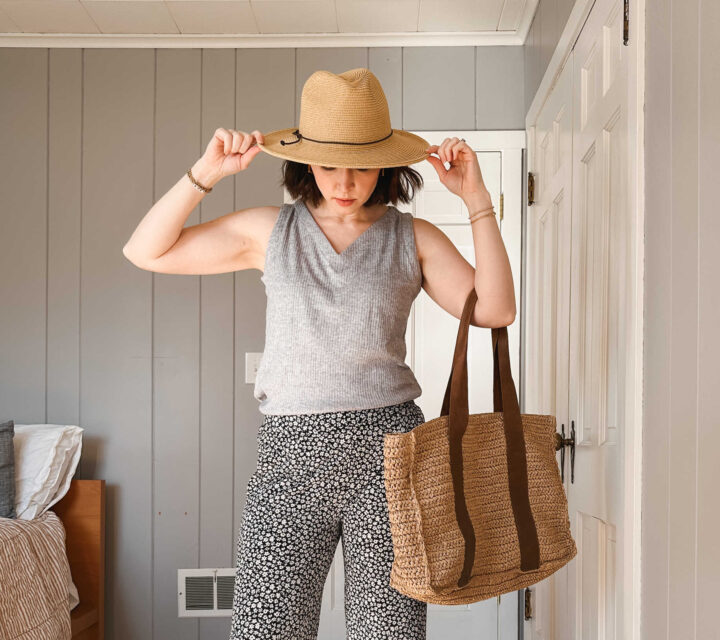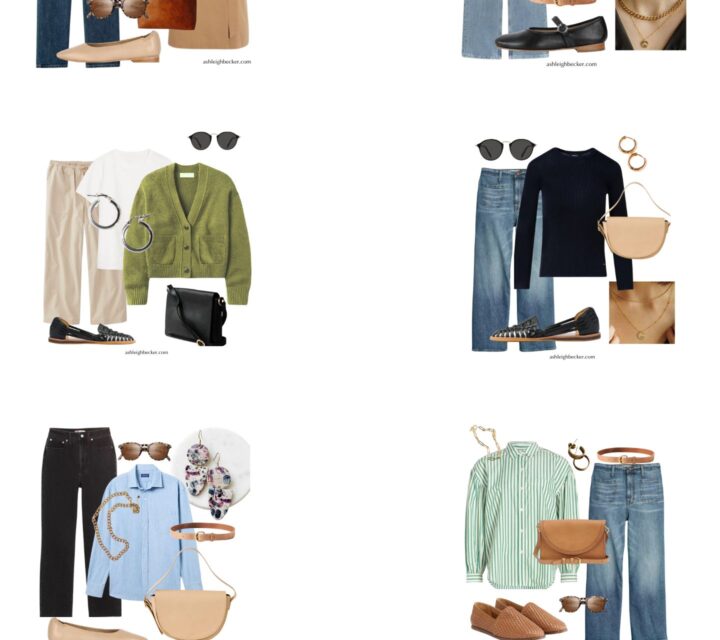With so many buzz words like ethical fashion, sustainable style, slow fashion, me made, fair trade fashion or style, and the link floating around it’s confusing! You may be wondering what is ethical fashion anyway? What does it mean? Why does it matter, and why should I care?
Let’s go back a few years. In April 2013, The Rana Plaza garment factory in Bangladesh collapsed, killing more than 1100 garment workers and bringing global media coverage to the tragedy.
Major American and global retailers like Gap & H&M had their clothing made in this factory. They demanded clothing be made at rock bottom prices, not caring about the treatment of the workers or their safety. The factory owner lined his own pockets while paying workers an average of $68 per month.
Here’s the really sad part, the factory owner knew their building was unsafe, yet they refused to pay for repairs. 1,135 people paid the price for cheap fashion.
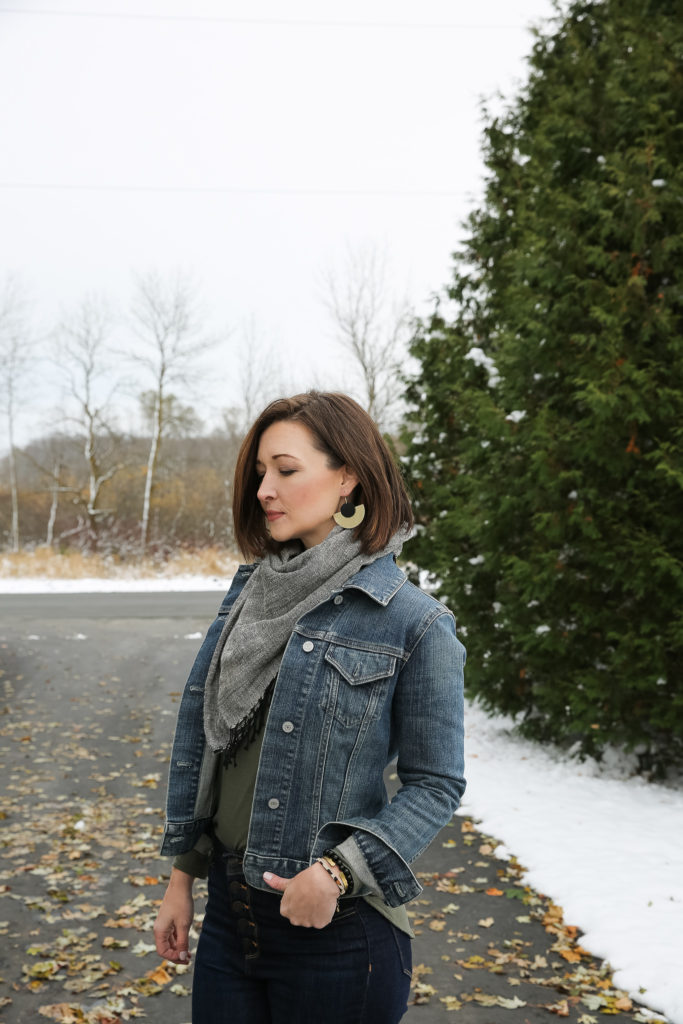
I learned about this tragedy in 2013 and couldn’t help but dig in deeper. “Who made my clothes?” is a question I found myself asking.
Real people make clothes, not machines – most of them women trying to provide for their families.
The True Cost documentary on Netflix, which I highly recommend, completely changed my view of fashion and learned so much. There was no going back.
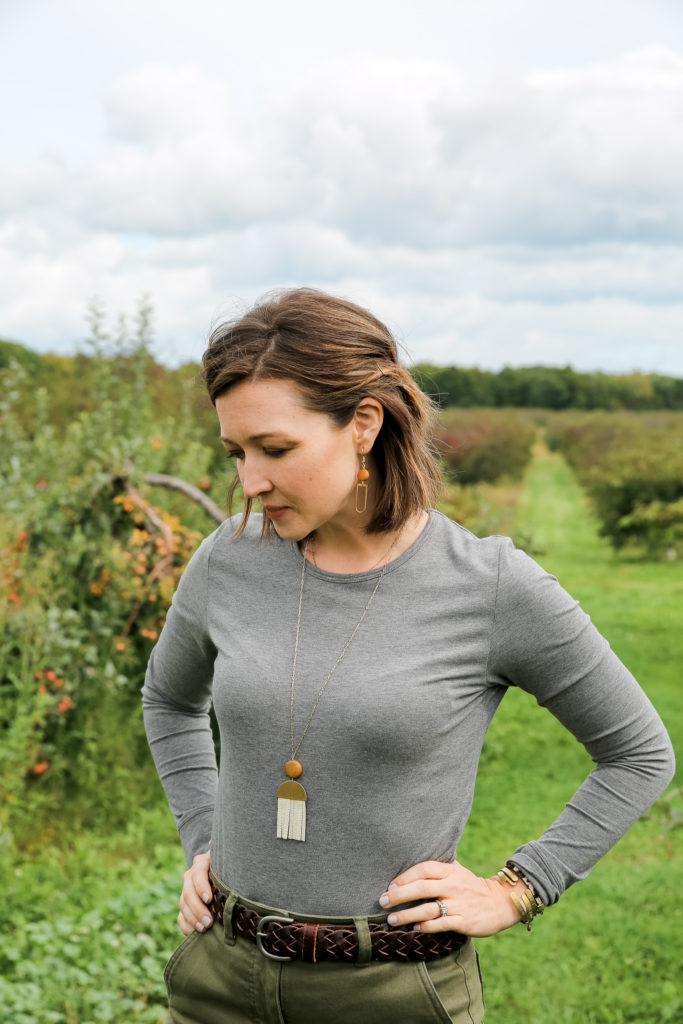
Traditional Clothing Manufacturing:
- Workers are not paid a living wage.
- Health benefits are not standard.
- Breaks are not adequate, even to go to the bathroom.
- Long hours are required or the workers are fired.
- Working conditions are not safe or comfortable and I’m not referring to the conditions Americans are accustomed to.
- Families are often separated so parents can work in the city and children be raised by family members in rural villages.
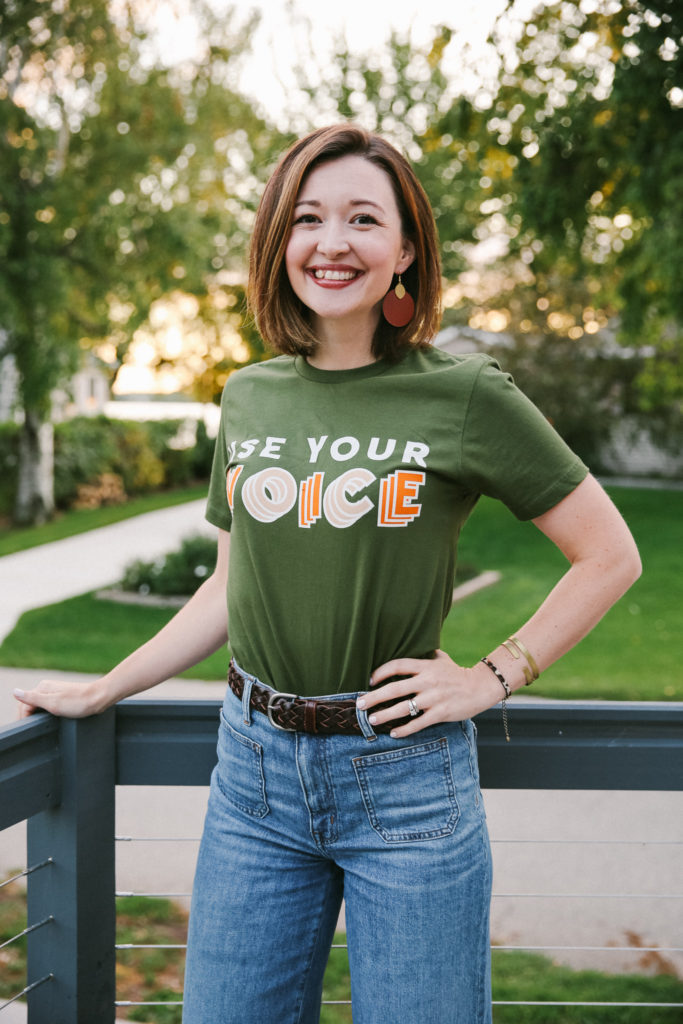
Alternative Ethical Brand Options
There is something better! Many small companies are manufacturing clothing in ethical, sustainable ways. Workers are treated with dignity, respect and paid fair wages. And since the Rana tragedy, even some of the bigger well-known companies are making huge strides in cleaning up their supply chains.
Ethical fashion has many facets, but the two main issues are the workers (human rights) and the environment. You will find advocates screaming for change on either of those issues and some even for both.
Human Rights Activism
I am someone who cares majorly about human rights issues first, and I realize that environmental issues are also human rights, but people are, to me, the most important.
When it comes to ethical fashion, here are the human rights issues:
- Fair / living wages: these terms mean different things. A fair wage is similar to minimum wage in the US. Not every job is deserving of a high wage, but at least a minimum threshold is determined based on local economies. A living wage, however, is typically higher than minimum wage and represents a salary that a family can live on. One major standard for a living wage is that children can be sent to school.
- Safe working conditions. I’ve read stories and heard reports of workers who are chained to their machines, women who hide their children by their feet so they can work long hours & know the baby is safe, and factories that are unfit for anyone to enter. Just recently a fire spread in a bag factory killing 10 immigrants who were sleeping there. One boy was just 13. This is not okay.
- No child labor. Many factories will put children to work. If parents were paid living wages this would never need to happen. I have no problem with high school age teenagers getting part-time jobs (I started my first job at 14), but no child should ever be forced to work in a sweatshop (underpaid, unsafe working conditions, long hours) under brutal, unsafe conditions.
- Employee rights. Basic rights such as a contract, not being fired without cause, benefits, and a regulated number of hours are all things that garment workers should be provided.
Though each of these human rights issues are difficult to think about, millions of garment workers face them every day. Real people sew the seams on your shirt and attach buttons to your jeans. They deserve to be treated with dignity and respect.
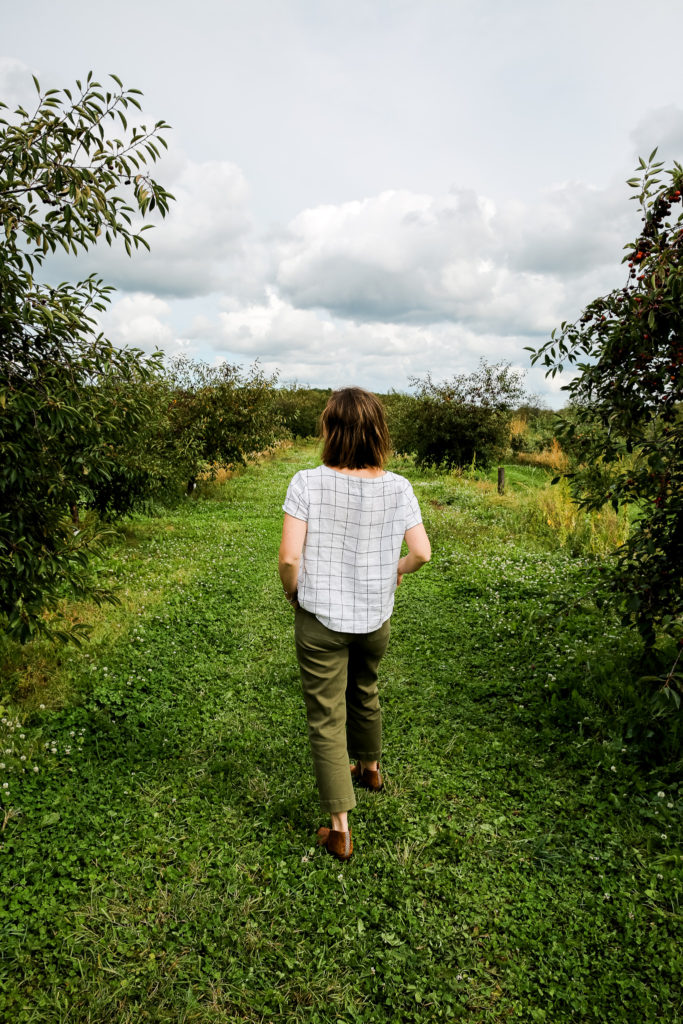
Environmental Issues in Garment Manufacturing
Another aspect of ethical fashion is the environmental sustainability of how garments are produced.
Fast fashion, low quality, mass-produced, inexpensive, trendy clothing, has become the norm. Think retailers like Old Navy, H&M, Top Shop, Zara, Kohls, etc.
Clothing, worn a handful of times, is tossed out, donated or never worn. Many of these pieces end up in landfills. The average American throws away 70 pounds of clothing each year.
We are consuming at a rate never seen before in history. Waterways are polluted with dyes and chemicals that cause cancer, birth deformities and disease in the countries where clothing is produced. Farmers who grow cotton are spreading toxic chemicals all over the land and cause long term health issues for people living in the area.
The production of such garments is hard on the environment. The garment industry is one of the highest polluting industries. Microfibers from polyester clothing is coming off when clothing is washed and getting into waterways, increasing the amount of plastics flowing into our oceans. Fossil fuels required from the initial farming machinery to transportation and industrial machinery are not sustainable in the long term.
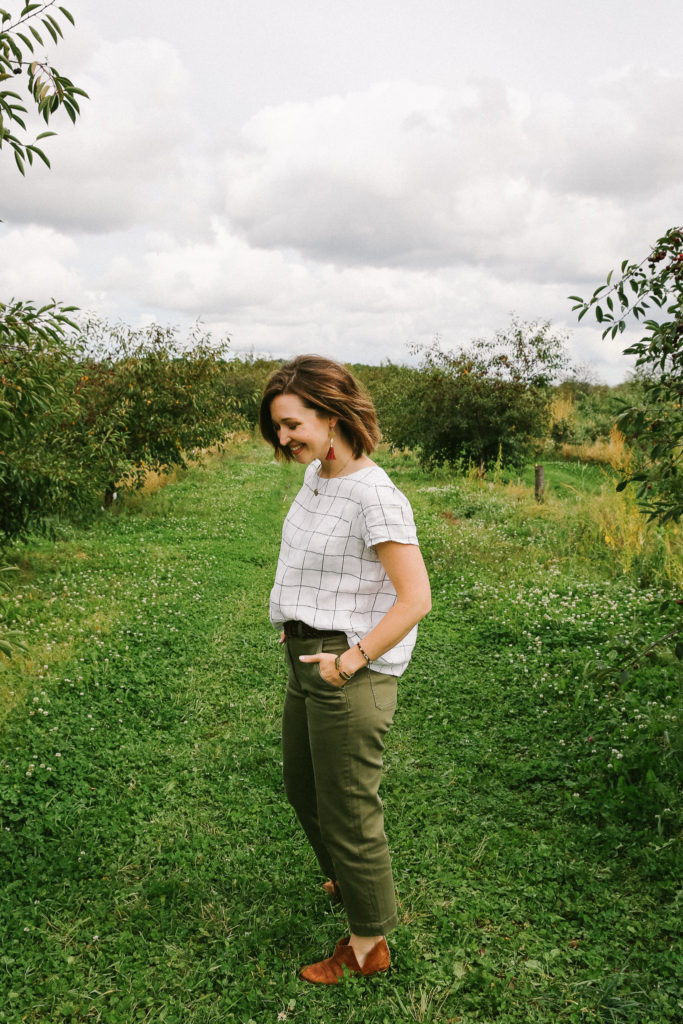
Ethical fashion is clothing produced in ways that provide these human rights and are environmentally sustainable.
Maybe you are wondering why all companies don’t change their production practices and take a more proactive role to protect workers. The bottom line always comes back to profitability.
Fair wages cost companies more. Garments produced using organic cotton costs more than conventional farming using harmful chemicals.
We have to change the way we think about fashion. Think about the people who make our clothes and what life is like for them. We can choose a more ethical way. Here are some additional resources to help you learn more about the issues and companies that are changing the fashion industry:
More Information
Ethical Fashion Companies
- List of my go-to ethical fashion brands
- 4 Ways to Wear a Skirt for Fall featuring Elegantees
- 7 Ways to Style a Long Sleeve Tee
